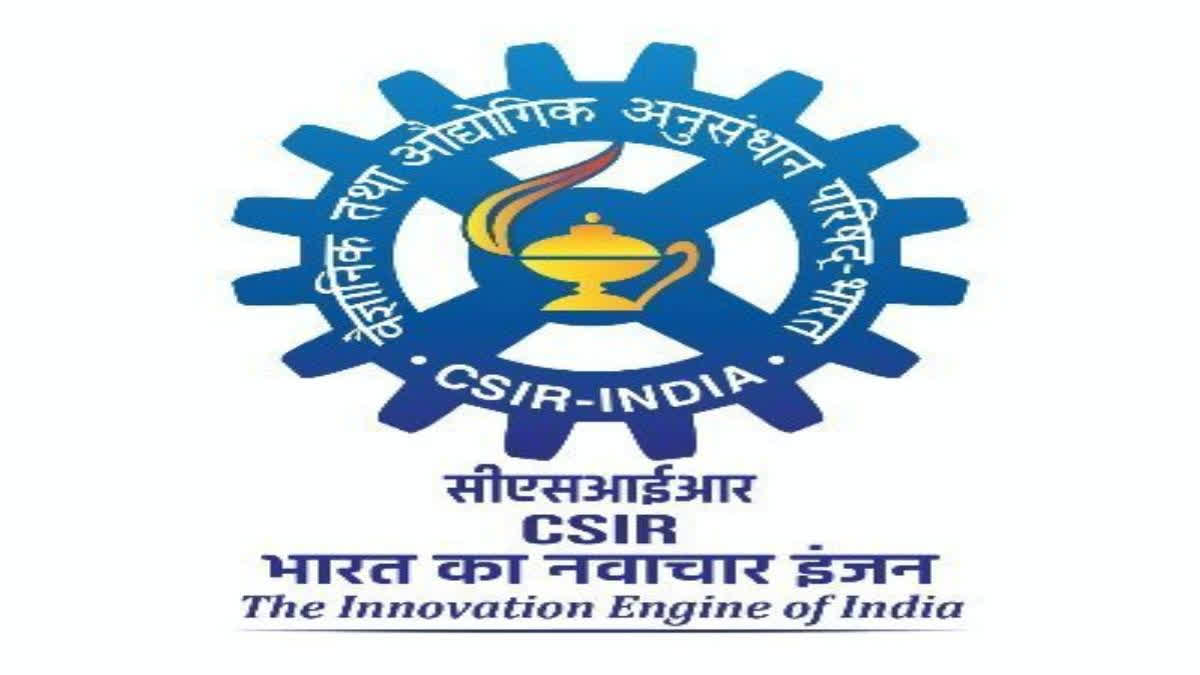Panaji: The Goa-based CSIR-National Institute of Oceanography (NIO) has launched an autonomous underwater vehicle called C-bot, a robot with advanced features for increased surveillance over the coral reefs. Council for Scientific and Industrial Research (CSIR) Director General Dr N Kalaiselvi launched the C-bot on Sunday and said the vehicle can travel to a depth of 200 metres underwater.
This robot is the first step to building a capable underwater vehicle that can scan the depth of the Indian Ocean, she told reporters on the CSIR-NIO campus on Monday. Kalaiselvi said they plan to develop this vehicle further which will be able to travel thousands of metres in the sea.
CSIR-NIO Director Sunil Kumar Singh said the C-bot will help in maintaining surveillance over the coral reefs in the ocean. He said that coral bleaching is taking place because of the climate change. "With different sensors, different cameras, the robot measures what the parameters are, and might help explain why the corals are dying the way they are," he said.
Besides helping researchers, the C-bot will also help the Indian Navy perform bathymetry studies to help plot navigation channels and scope out hydrothermal vents, where geothermally heated water seeps up from deep below the ocean floor, Singh said.
The robot will also help in finding the active hydrothermal vents which are emitting a lot of elements into the ocean and active biology which is going on in many places, like in many extreme environments where the temperature is 400-500 degrees Celsius, he said. The vehicle can send real time data and photographs, which will help researchers in their studies, Singh added.
Read More



